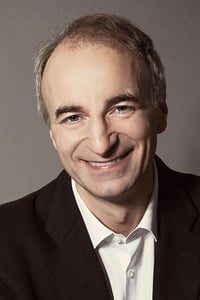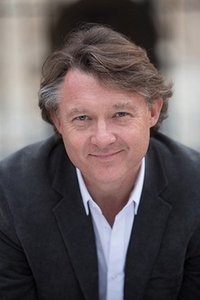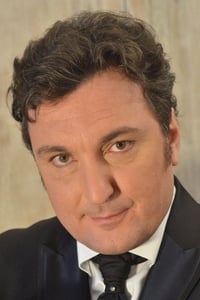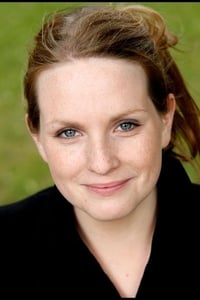Alceste
Genres
Music
OverView
John Eliot Gardiner conducts Gluck’s 1776 French version of “Alceste” at the Théâtre du Châtelet in Paris. Soprano Anne Sofie von Otter takes the title role of Alceste, Queen of Thessaly, who offers to die at the hands of the gods in place of her husband, Admète (Paul Groves), so that the people will not lose their king. Alceste is then saved from the underworld by Hercule (Dietrich Henschel).
Others
Budget
$--
Revenue
$--
Status
Released
Original Language
English
Runtime
135 mins
Rating
0/10
Release Date
31 December 1999
Country







